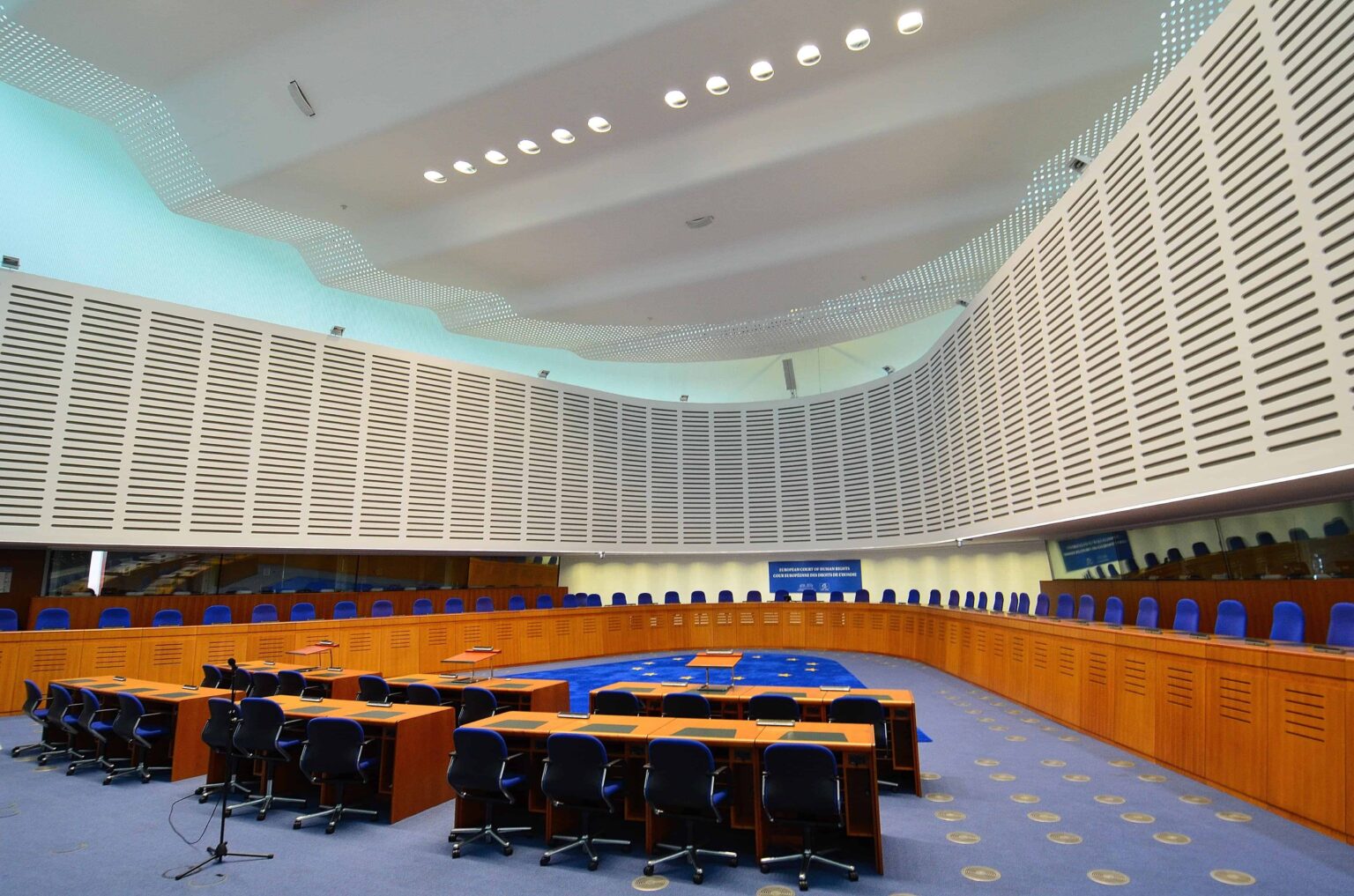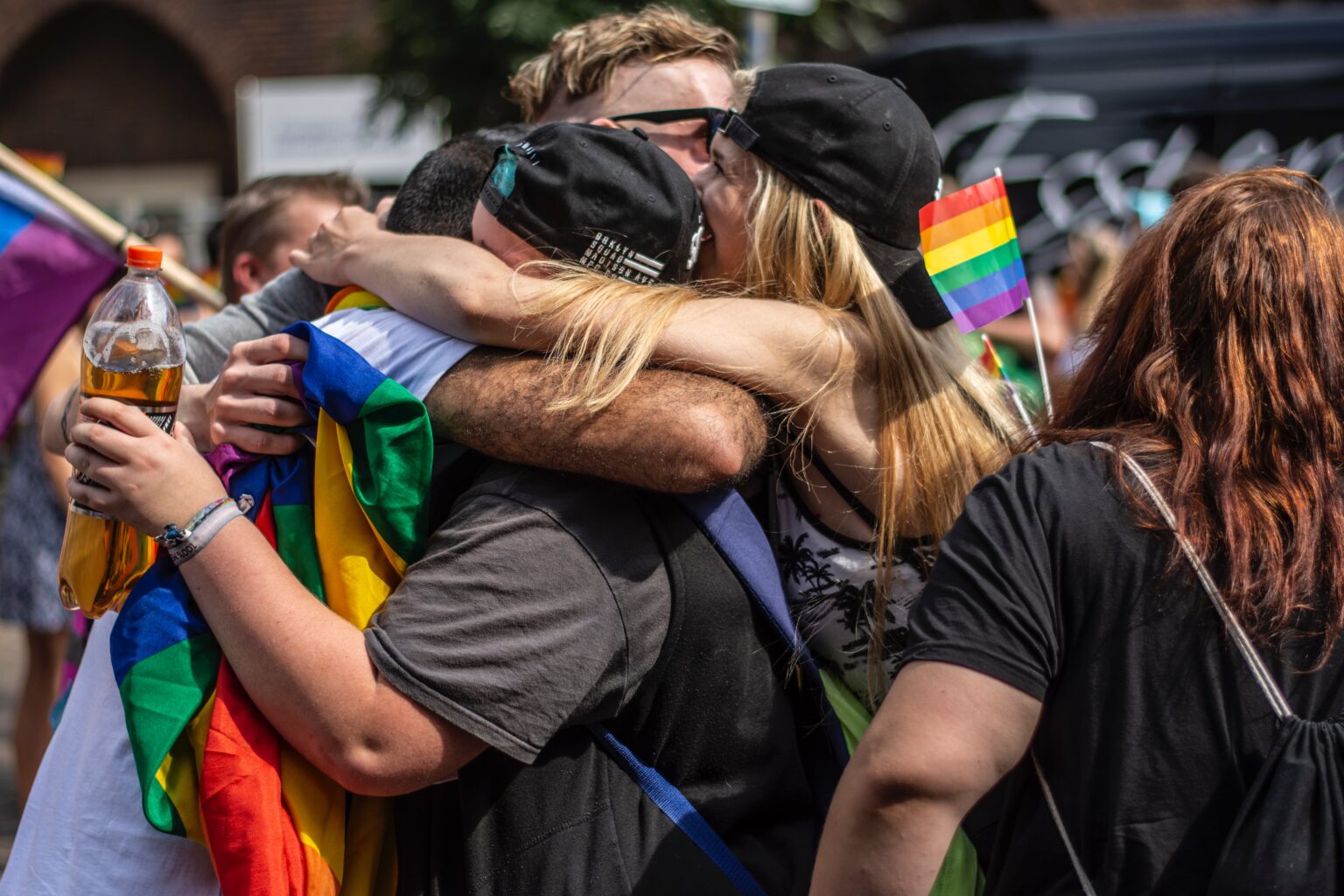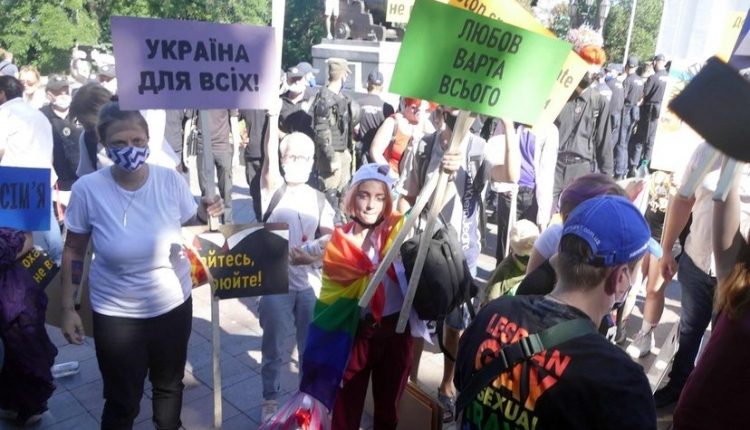MILICA DORDEVIC and others v. Serbia

Ban on Belgrade Pride marches
(Application nos. 5591/10 17802/12 23138/13 25474/14), 17 November 2014
Find Court’s communication here.
- This group of cases relate to the banning of the 2009, 2011, 2012 and 2013 Belgrade Pride marches, because of the possible danger of violent counterdemonstrations. The applicants complained of State’s failure to protect their freedom of assembly due to discriminatory intent on the part of the state authorities based on the actual or perceived sexual orientation of the applicants and potential participants in the Parade.
- ILGA-Europe together with the International Commission of Jurists submitted the following:
- States should be afforded a narrow discretion in relation to the means used or measures to be taken in preventing violence or disorder, particularly where the threat of violence or intimidation comes primarily from counter-demonstrators; can reasonably be anticipated; and is directed at groups most at risk.
- States must put in place an adequate legislative and administrative framework to guarantee and facilitate the right to freedom of assembly.
Genderdoc-M v Moldova

Ban on demonstration / Freedom of assembly of LGBT associations.
(Application no. 9106/06), June 2010
Find Court’s judgement here. (Violation of Article 14 in conjunction with Article 11 + award of damages)
- The applicant association – whose aim is to provide information and to assist the LGBT community in Moldova – complained that the ban imposed on it on holding a demonstration constituted a violation of its right to peaceful assembly. The Government alleged that the refusal was based on “public order” and “public morality.
- ILGA-Europe together with the International Commission of Jurists submitted the following:
- Public morality and public disorder are misused to justify interferences with the rights of LGBT individuals. The requirements of democratic societies are such that public morality and related prevention of disorder grounds must be narrowly construed and applied.
- The Court has emphasized the importance of freedom of association for minorities, which include people of diverse sexual orientations and gender identities.
- The European Court of Human Rights delivered its judgement on 12 June 2012.
- The Court referred to the interveners’ submission that the protection of morals is not and can never be an objective and reasonable justification under Article 14 of the Convention. It reiterated that sexual orientation is a concept covered by Article 14. It considered that the reason for the ban imposed on the event proposed by the applicant was the authorities’ disapproval of demonstrations which they considered to promote homosexuality. When limiting the right of assembly, national authorities should offer clear reasons for so doing. However each authority which dealt with the applicant association’s request to hold a demonstration rejected it for a different reason. In view of the above, the Court held that there had been a violation of Article 14 in conjunction with Article 11 of the Convention.
Prides against Prejudice. A toolkit for pride organising in a hostile environment

This toolkit is intended to provide ideas and information resources for those wanting to organise Pride events in a hostile environment. The need for it has been made clear by the intense hostility faced by many Pride organisers in Central and Eastern Europe.
In drawing heavily on their experiences and successes, and matching this input with information on support available from the European institutions and the LGBT community internationally, it aims to underpin the consolidation of progress made so far, and provide the initial know-how for those wishing to arrange events in countries and towns where no Pride events have yet been held.
The struggle to achieve freedom of assembly and expression for LGBT people across Central and Eastern Europe presents enormous challenges, excitement and exhilaration. Hatred and the ever present threat of violence have to be met with great courage and commitment. The photographs included in the toolkit (and provided so willingly by the many photographers) capture the spirit of these important events, honour those who have taken part in them, and will, we hope, inspire many more to take up the cause.
Handbook on Observations of Pride Marches

This Handbook, published in June 2006, has been designed for people and organisations who are thinking of monitoring human rights abuses occurring during Pride marches. The human rights monitoring technique described here is the observation of marches by independent observers.
The Handbook looks at different aspects of observing Pride marches. It explains briefly the principles of human rights monitoring. It lists relevant human rights instruments which can be invoked when a Pride march is banned or violent. Then it gives some practical advice and tools on human rights monitoring through observation of Pride marches. Once the factual information is collected it is important to gather the information in a report and to send it to the relevant human rights organisation. Information is given on organisations that monitor the implementation of human rights standards and how to approach them. Finally it looks into the possibility of taking cases before courts at national and international level and the challenges attached to this approach.
This Handbook is available in English, Russian and Croatian.